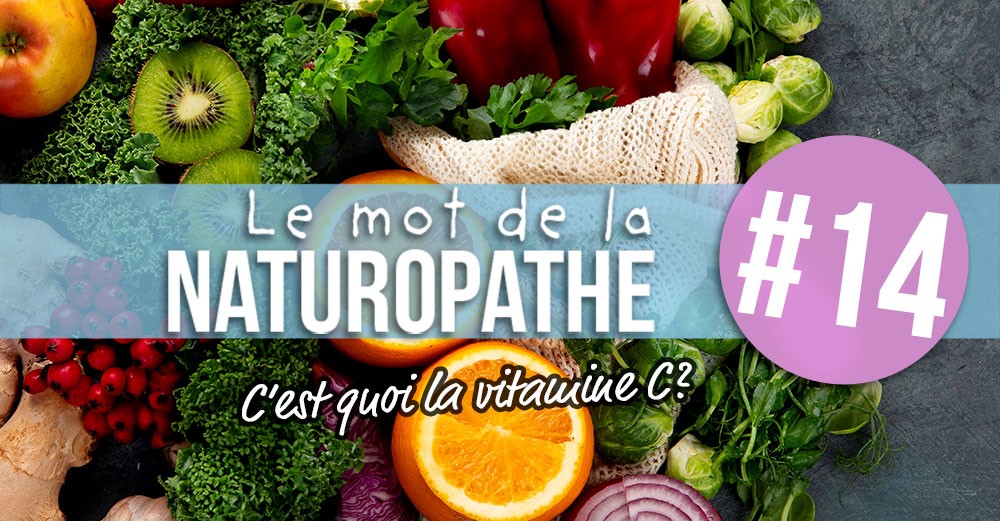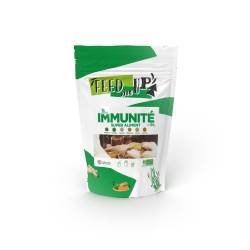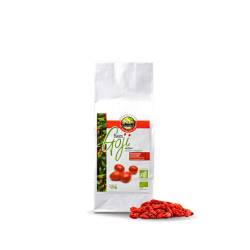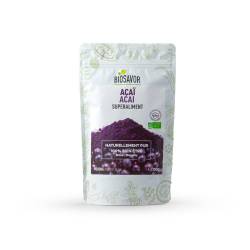It's autumn: temperatures are dropping, and so is our body's resilience. Viruses and bacteria are soon to make themselves at home... It's often heard during this time of year, especially in winter, to take a vitamin C cure. But why do we need vitamin C in winter?
Vitamin C is also known as ASCORBIC ACID. It is a part of micronutrients and is water-soluble (meaning it dissolves in water). Vitamin C comes in various forms; the one in plants is L-Ascorbic acid.
Once consumed, vitamin C is absorbed in the intestinal tract, then directed to various organs, primarily in the eye lens, white blood cells, pituitary gland, adrenal glands, and the brain. Excess is not stored; it is eliminated in urine.

What is Vitamin C used for?
Vitamin C has numerous benefits for the body:
- It is antioxidant: it stops harmful free radicals produced by the body.
- It strengthens the skin, tissues, and bones by promoting collagen synthesis.
- It facilitates brain activity by favoring the production of certain neurotransmitters.
- It improves the intestinal absorption of plant-based iron.
- It aids in eliminations (cleansing), especially in the liver.
- It provides energy during physical exertion.
- It boosts the immune system.
- It acts as a blood thinner.

Some signs of deficiency and deficiencies:
Here are some signs that indicate your body is deficient in vitamin C:
- Significant fatigue
- Headaches
- Bone pain
- Weak immune system
- Hemorrhagic disorders
- Poor neurotransmitter production
And in the case of severe deficiency: scurvy.
There is no toxicity in case of overdose, but it is preferable to respect the recommended doses. Consult a healthcare professional if in doubt.

Sources of vitamin C:

What are our needs?
The body cannot produce vitamin C, so it must be provided daily. The AFSSA (French Agency for Food Safety) recommends 110 mg of vitamin C per day for an adult. Some people may have higher needs, such as pregnant women, smokers, or the elderly.
Here are some examples of vitamin C content per 100 grams (these are, of course, averages, as it depends on the freshness of the food, farming methods, production location, cooking, etc.):
- Guava: 245 mg
- Blackcurrant: 200 mg
- Parsley: 170 mg
- Turnip: 130 mg
- Green cabbage, red pepper: 120 mg
- Broccoli, sorrel, spinach, fennel: 110 mg
- Kiwi: 80 mg
- Citrus fruits and red berries: between 20 and 60 mg
- Acerola 500 mg = 170 mg
Linked products





 By Julie Van Paepeghem - Naturopathe
By Julie Van Paepeghem - Naturopathe




